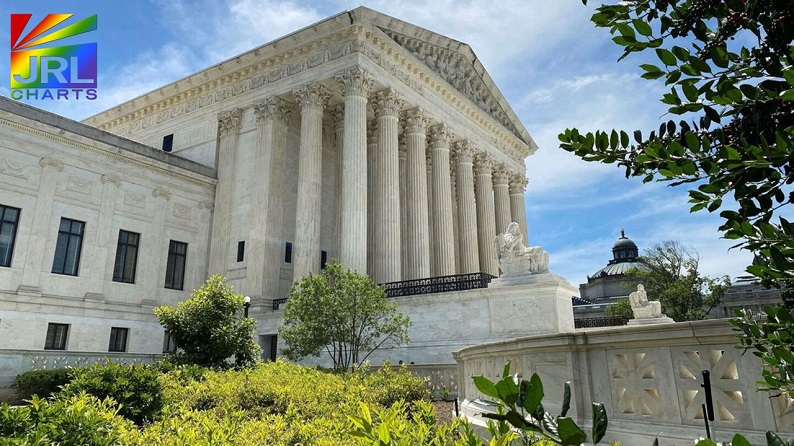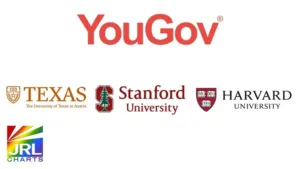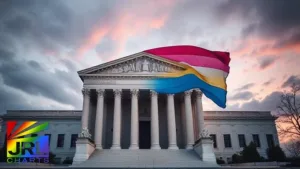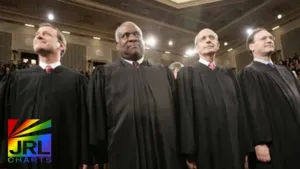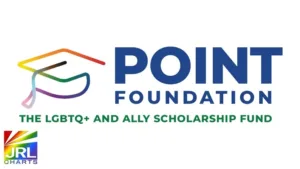By: Paul Goldberg, Senior Editor | JRL CHARTS – LGBT Politics USA
WASHINGTON D.C. — (June 27, 2025) — In a ruling with massive implications for public education and LGBTQ+ inclusion, the conservative-packed U.S. Supreme Court ruled 6–3 on Friday that schools must offer religious parents the right to opt their children out of classroom content that conflicts with their beliefs — specifically LGBTQ+-inclusive storybooks.
Related Links on JRL CHARTS:
At the heart of the case was Maryland’s Montgomery County Public Schools, one of the most religiously diverse districts in the country. A group of parents sued the district after it removed an opt-out policy, arguing that requiring children to engage with stories featuring same-sex couples and LGBTQ characters violated their First Amendment right to religious freedom.
Writing for the majority, Justice Samuel Alito sided with the parents, stating that the school board’s refusal to allow opt-outs from LGBTQ+-inclusive reading materials likely burdens their religious exercise. He claimed the storybooks promote a “normative message” separating gender from biological sex—directly clashing with the parents’ faith-based values.
“The parents are likely to succeed on their claim that the Board’s policies unconstitutionally burden their religious exercise,” Alito wrote.
The ruling has sent shockwaves through school boards, educators, and LGBTQ advocacy groups. Many fear it opens the floodgates for religiously motivated censorship and discrimination in public schools—particularly against LGBTQ+ visibility in curricula.
In a blistering dissent, Justice Sonia Sotomayor accused the majority of eroding the civic function of public education.
“It will become a mere memory if children must be insulated from exposure to ideas and concepts that may conflict with their parents’ religious beliefs,” she warned.
The Montgomery County board argued that opt-out provisions were becoming unmanageable. While initially allowed for specific lessons, the board said it became impractical to honor requests every time a book referenced same-sex parents, transgender characters, or LGBTQ themes—especially when such content was organically embedded in general literacy instruction, not standalone “lessons.”
But the plaintiffs argued the opposite: that SCOTUS has long upheld the rights of parents to guide the moral and religious development of their children. They claim public education must not override deeply held beliefs, even in the name of inclusion.
The decision now gives legal backing for parents across the U.S. to demand exemptions from any content they claim violates their religious convictions—paving the way for localized book bans, uneven educational access, and a chilling effect on LGBTQ representation in public schools.
- LGBTQ Corporate Participation Plunges 65% in 2026 as DEI Retreat Reshapes Business Landscape - February 22, 2026
- Forbidden Fruits (2026) Ignites Buzz With Sapphic Undertones and Witchy Mall Cult Drama - February 21, 2026
- Trump Targets Netflix Board Member Susan Rice After ‘Take a Knee’ Remarks Spark Political Firestorm - February 21, 2026
// Affiliate Disclosure: JRL CHARTS is a digital news and media platform. We do not host, stream, or sell adult content. Some outbound links may contain affiliate tracking to licensed studio-owned platforms (e.g., LatinBoyz, AEBN, BiLatin Men). These links lead to legal, age-gated distributors and are provided strictly for editorial and informational purposes only.

